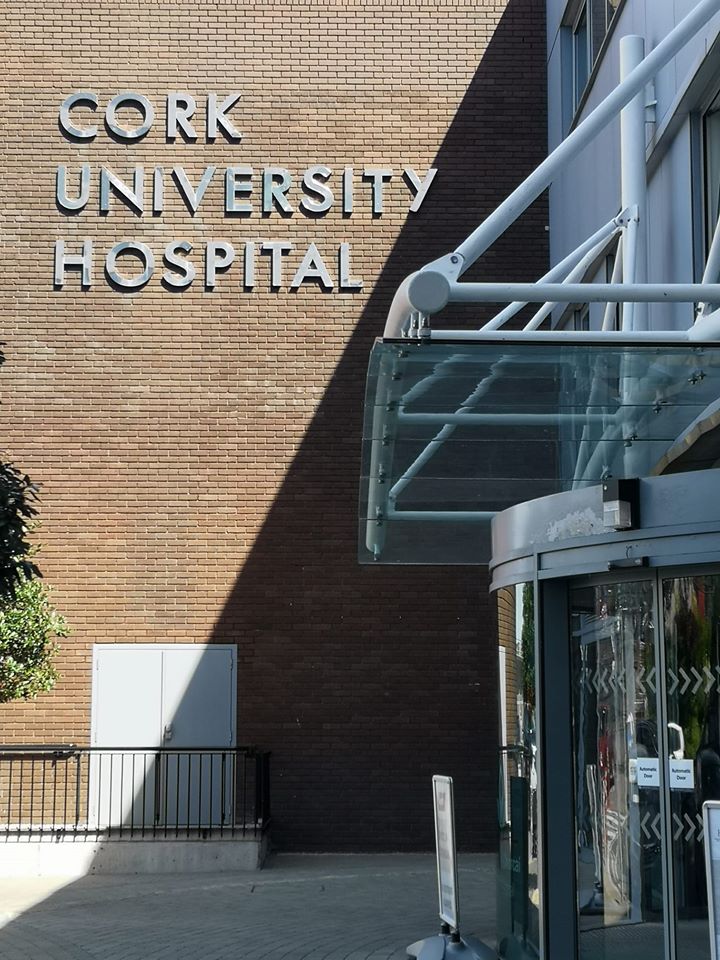3 April 2023
By Roger Kennedy
roger@TheCork.ie
Preventive care, also known as preventive medicine, is a branch of medicine that focuses on preventing illnesses and diseases before they occur. This is done through routine health screenings, lifestyle modifications, and early detection of diseases. Preventive care is an important aspect of healthcare that promotes a healthy lifestyle, reduces the risk of illness, and improves overall health outcomes. In this article, we will discuss the importance of preventive care, the benefits of routine health screenings, and how it can impact your health.
Why is Preventive Care Important?
Preventive care is essential to maintain good health and prevent diseases from occurring. This is particularly important because many illnesses and diseases do not present any symptoms until they have progressed to a more severe stage. For example, cancer can develop for years before showing any symptoms, making early detection through routine screenings critical.
Preventive care is also cost-effective as it helps avoid costly medical procedures that result from the progression of diseases. When an illness or disease is caught early, it is easier to treat, and the chances of a full recovery are higher. This can save patients and their families the emotional and financial burden of dealing with severe illnesses.
Benefits of Routine Health Screenings
Routine health screenings are a crucial part of preventive care. These screenings help detect early signs of diseases, allowing for early intervention and treatment. The following are some benefits of routine health screenings.
-
Early Detection of Diseases
Routine health screenings can detect diseases in their early stages, when they are most treatable. For example, routine mammograms can detect breast cancer before it has spread to other parts of the body, making treatment more successful. Similarly, routine colonoscopies can detect colon cancer before it has spread, making it easier to treat and cure.
-
Improved Health Outcomes
Routine health screenings can improve overall health outcomes. For example, routine cholesterol screenings can help identify individuals at risk of heart disease and allow for early intervention through lifestyle modifications or medication. This can reduce the risk of heart attacks, strokes, and other cardiovascular diseases.
-
Better Quality of Life
Preventive care through routine health screenings can lead to a better quality of life. Early detection and treatment of illnesses can prevent them from becoming severe, reducing the need for invasive treatments, and allowing individuals to maintain their daily activities and routines.
-
Lower Healthcare Costs
Preventive care can help reduce healthcare costs by catching diseases early when they are easier and less expensive to treat. For example, a routine blood pressure screening can detect hypertension early, allowing for lifestyle modifications and medication that can prevent more severe complications such as heart attacks or strokes.
Types of Routine Health Screenings
If you start feeling pain in your eyes while playing your favorite Live Casino Games, no harm to get checked, right? Routine health screenings are extremely important. They vary depending on age, gender, and medical history. The following are some common routine health screenings recommended by healthcare professionals.
-
Blood Pressure Screening
Blood pressure screening is recommended for individuals aged 18 and older. It is a simple test that measures the pressure of the blood in the arteries. High blood pressure is a risk factor for heart disease and stroke, and routine screenings can help identify individuals at risk.
-
Cholesterol Screening
Cholesterol screening is recommended for individuals aged 20 and older. It measures the levels of cholesterol in the blood. High cholesterol levels are a risk factor for heart disease, and routine screenings can help identify individuals at risk.
-
Colon Cancer Screening
Bowel screening is recommended for individuals aged 560 and older. It is a test that checks for polyps or cancer in the colon or rectum. Early detection and treatment of bowel cancer can lead to better outcomes and survival rates.
-
Mammogram
Mammograms (branded as BreastCheck in Ireland) are recommended for women aged 50 to 69. It is a test that checks for signs of breast cancer. Early detection and diagnosis of breast cancer can lead to better outcomes and survival rates.
-
Pap Test
HPV cervical screening tests (branded as CervicalCheck in Ireland) are recommended for women aged 25 to 65. A cervical screening test is a free test to see if a person is at risk of developing cervical cancer, and an opportunity to catch signs of cervical cancer early. Early detection of cervical cancer can lead to better outcomes and survival rates.

